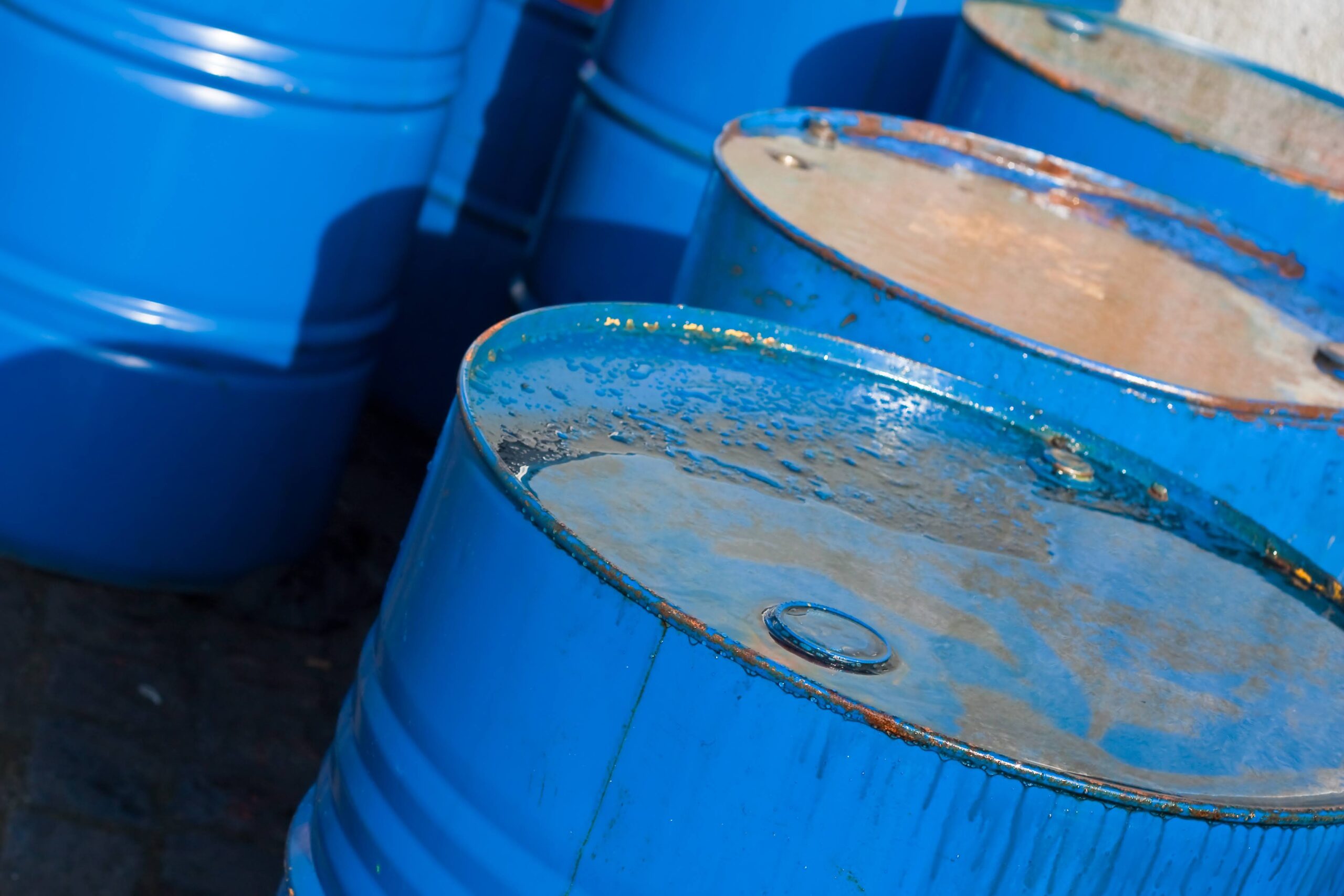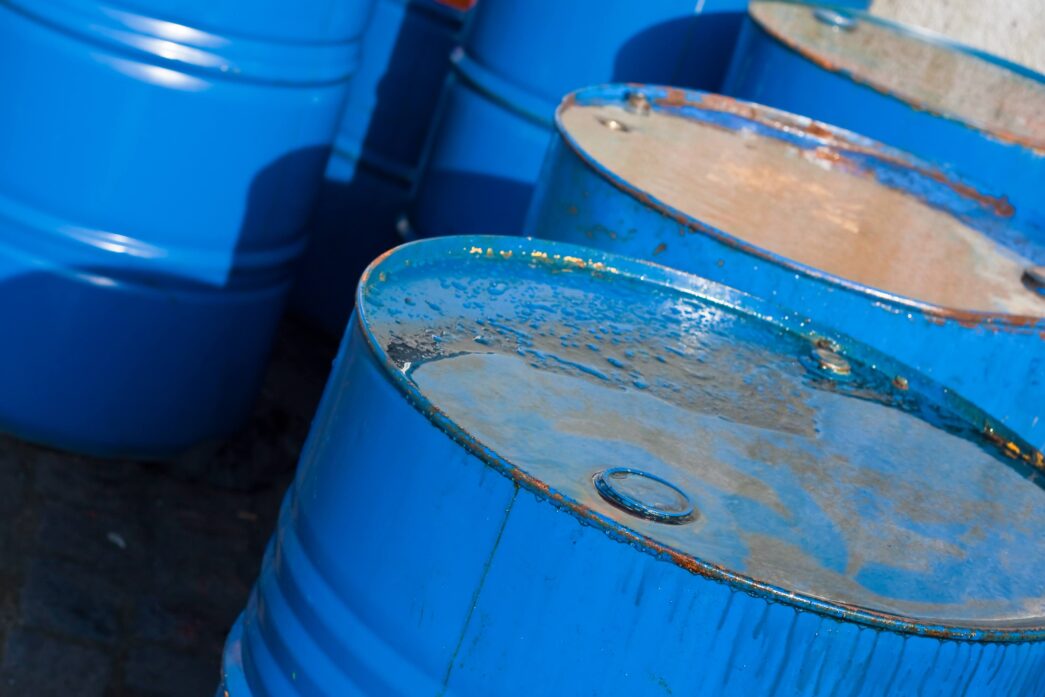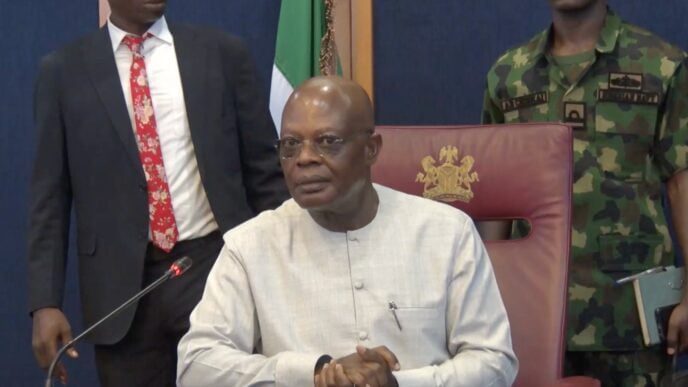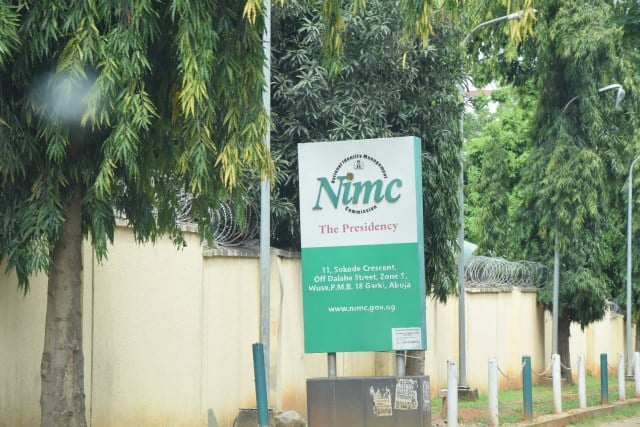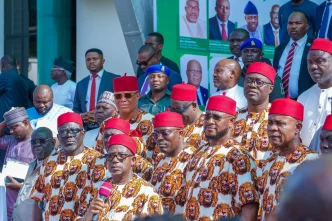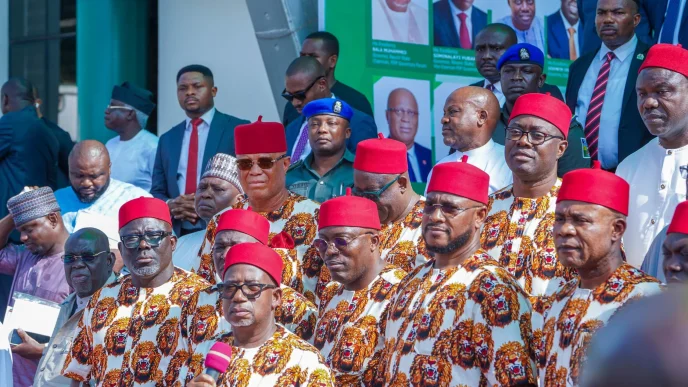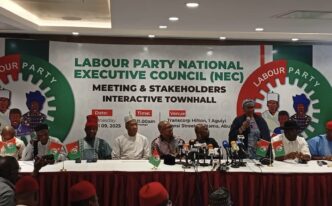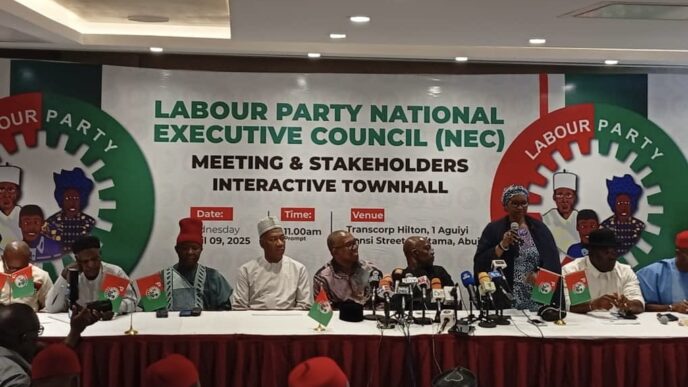Crude oil price has dropped to $59 for the first time since February 2021.
Brent crude, global oil price, fell by 5.09 percent to $59.62 per barrel at 12.30 WAT while US West Texas Intermediate fell by 5.54 percent to $56.28 per barrel on Wednesday.
The recent decline in oil prices follows an announcement by President Donald Trump on April 2, imposing sweeping global tariffs (including 14 percent on Nigeria) on all imports into the US.
Moreso, on April 4, the Organisation of Petroleum Exporting Countries (OPEC) and its allies decided to increase oil production by 411,000 barrels per day (bpd) in May.
Advertisement
The current oil price threatens Nigeria’s budget implementation, as it is lower than the 2025 budget benchmark of $75 per barrel.
Speaking on the development, Jide Pratt, chief operating officer (COO) of Aiona, and country manager, Tradegrid, said the recent drop in oil prices means lower revenues and lower foreign reserves for Nigeria, especially with the suspension of the naira-for-crude deal.
“We’ve seen an increase in foreign exchange (FX) rates, which does not help monetary or fiscal policy,” he said.
Advertisement
“Personally, I believe it does show that the benchmark for our budget leaves a lot to be desired. More importantly, we are on the road to a supplementary budget and loans.
“We need to sell off some assets tothe private sector and enable growth in our economy to buffer low crude oil prices.”
Since the country depends largely on oil revenue, Pratt said “there can be no better time to really diversify”.
On Monday, Wale Edun, the minister of finance, said the oil price plunge will have an adverse effect on Nigeria, and to curtail any price effect, “we are intensifying efforts to ramp up crude oil production”.
Advertisement
“We are also focusing on non-oil revenue mobilisation by FIRS and Customs” he said.
“Budget adjustment and prioritisation where possible, and also innovative non-debt financing strategies.”
Nigeria’s oil production fell to 1.46 million barrels per day (bpd) in February — below the 1.5 million quota set for the country by the Organisation of Petroleum Exporting Countries (OPEC).
The output level is below the 2.1 million barrels of oil per day target set by the Nigerian Upstream Petroleum Regulatory Commission (NUPRC) for 2025.
Advertisement
